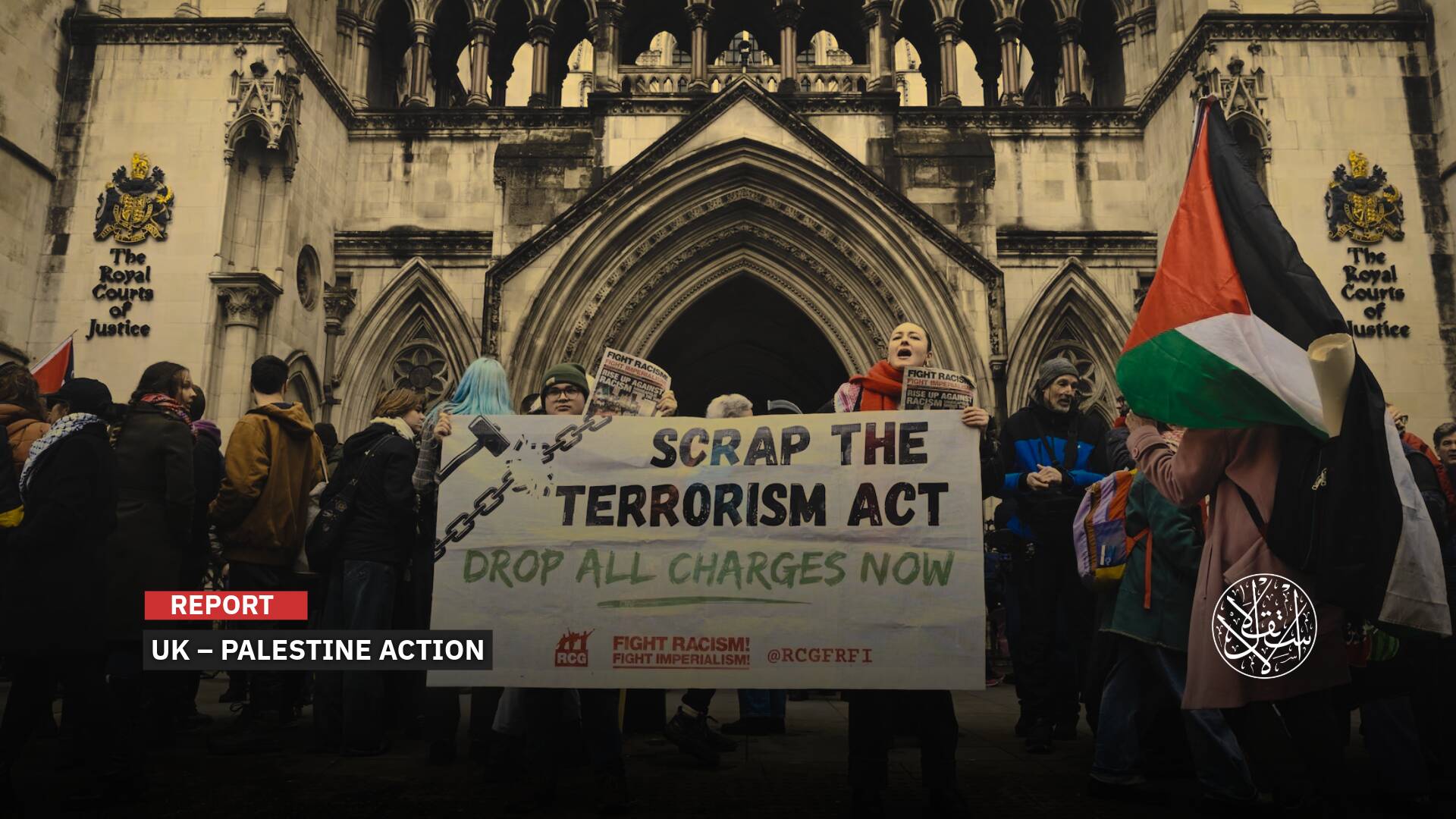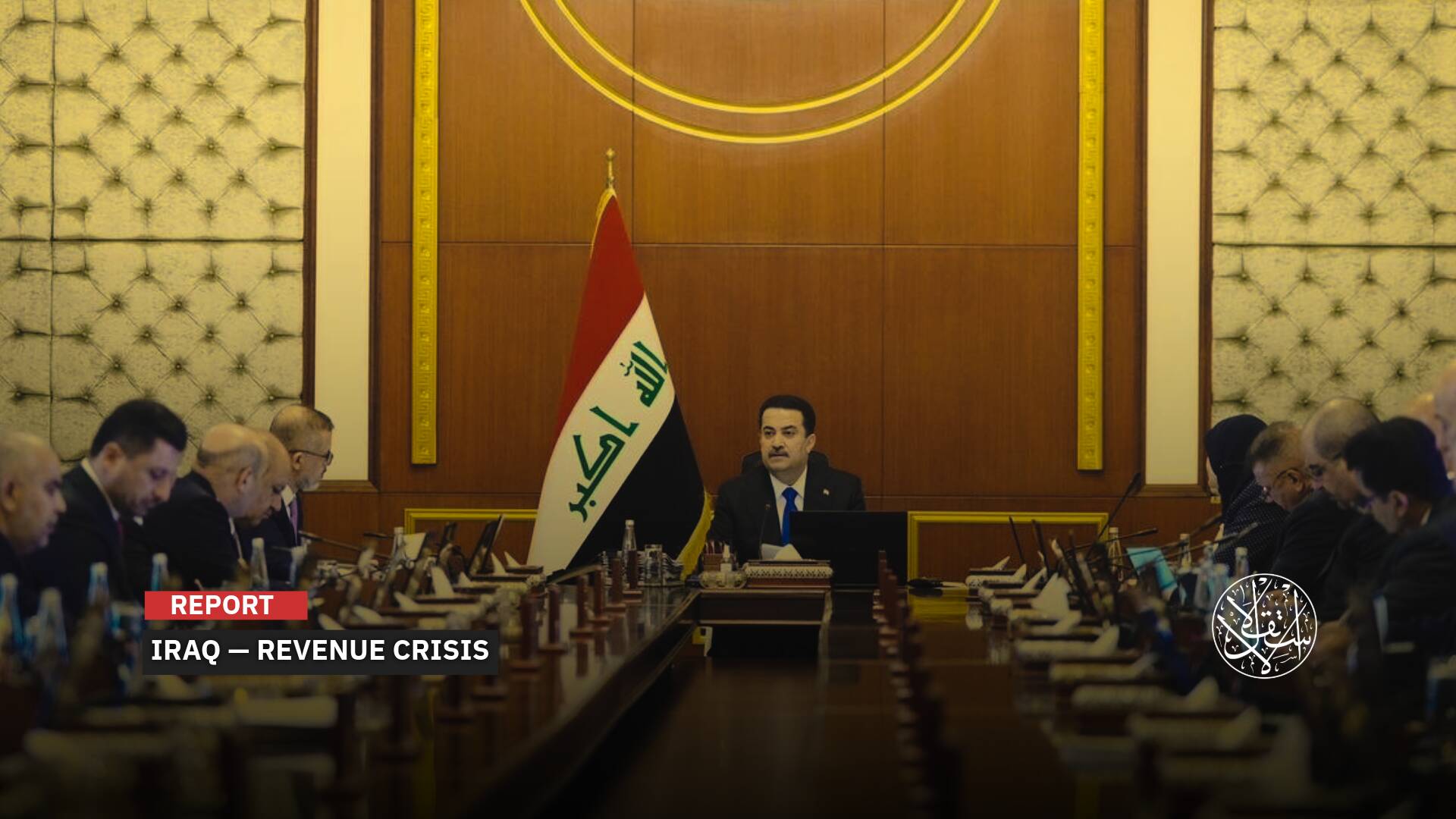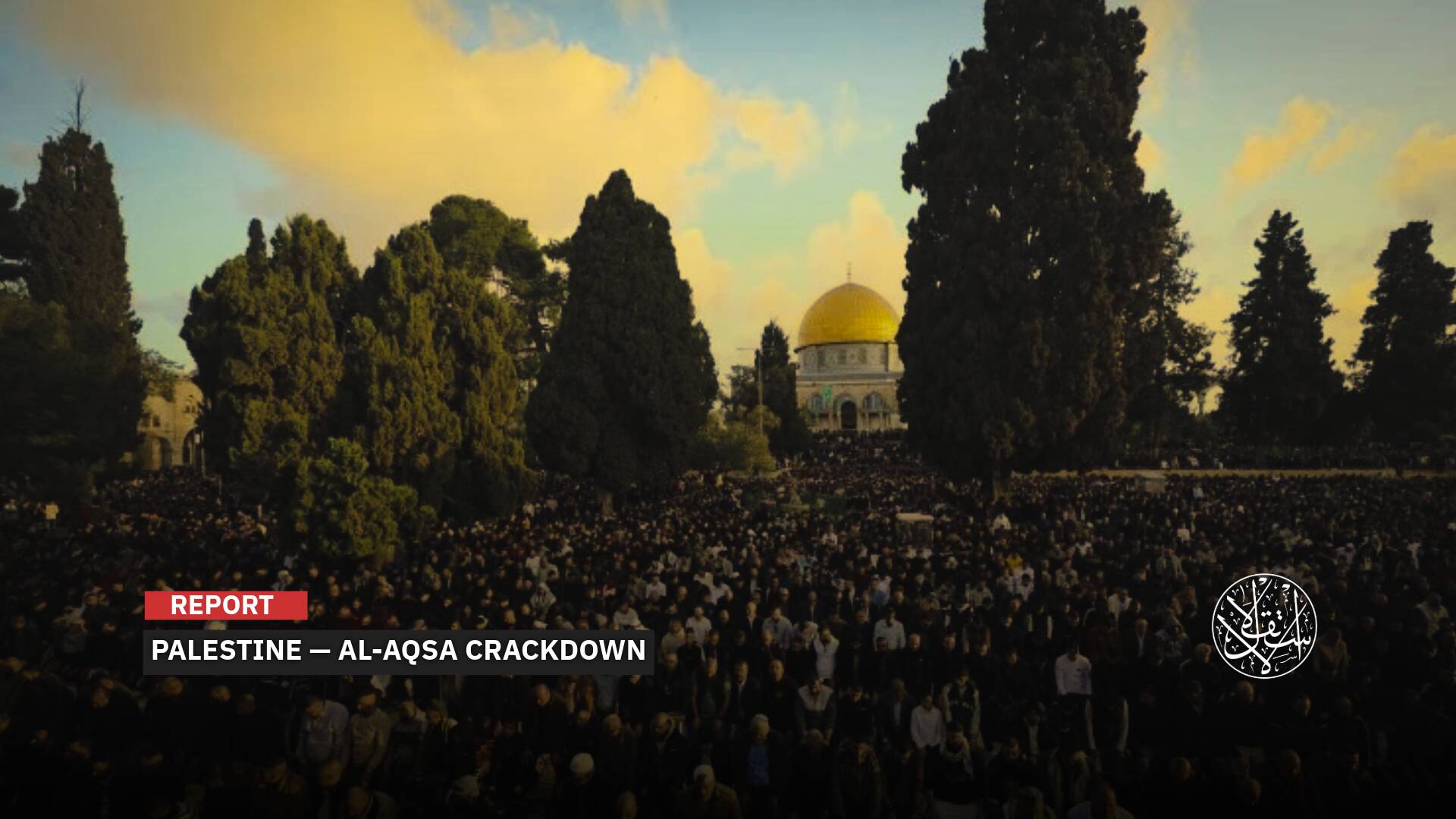Senegal’s President Keeps Promise, Launches Oil and Gas Contract Review: What’s Next?

Senegal officially joined the ranks of hydrocarbon-producing nations on June 11, 2024.
Senegal has begun sending clear signals of its intent to assert sovereignty over its economic decisions, address past imbalances, and tackle the remnants of colonialism, particularly in the oil and gas sector.
In one of the latest moves, Senegalese Prime Minister Ousmane Sonko announced the formation of a committee comprising experts in legal, tax, and energy sectors to review oil and gas contracts and work on rebalancing them to better serve national interests.
According to Africa News, President Bassirou Diomaye Faye, who won a landslide victory over the ruling coalition’s candidate in March 2024, ordered a review of the oil, gas, and mining sectors after taking office. He pledged to renegotiate contract terms with foreign operators in the country if necessary.
On August 21, 2024, Sonko emphasized commitment to the Senegalese people to revisit these various agreements, reassess them, and work towards rebalancing them in a way that serves the national interest.
He added that the committee would have sufficient resources to examine the contracts and hire external experts if needed, though he did not specify how long this process would take, as per Radio France Internationale.
A New Era
This decision follows Senegal's recent entry into the ranks of hydrocarbon-producing nations. On June 11, 2024, Australia’s Woodside Energy announced it had begun extracting oil from the Sangomar field, targeting a production of 100,000 barrels per day.
In addition to oil, natural gas exploitation is expected to begin this year at the Greater Tortue Ahmeyim field, a joint project with Mauritania. Developed by the British company BP in partnership with American firm Kosmos Energy and the Mauritanian Hydrocarbons Company, this field aims to produce around 2.5 million tons of liquefied natural gas (LNG) annually.
The discovery of oil and gas fields has raised significant hopes for the developing nation. Senegal's state energy company, Petrosen, anticipates that the sector could generate over a billion dollars annually for the next three decades.
In a previous press statement, Petrosen’s Director General Thierno Ly said, “First oil from the Sangomar field marks a new era not only for our country's industry and economy, but most importantly for our people,” adding that they are better positioned than ever to seize growth, innovation, and economic and social development opportunities for their nation.
It’s noteworthy that many African countries are pursuing oil and gas projects despite international pressure to phase out fossil fuels. These nations argue that while the West amassed vast wealth from fossil fuels, Africa is now suffering the effects of climate change, such as rising temperatures and shifting rainfall patterns, which threaten health, food security, water resources, and socio-economic development.
The period between 2014-2017 marked the peak of oil and gas discoveries in Senegal’s territorial waters, unveiling massive reserves that attracted offers from foreign investment companies.
Among the most significant projects is the offshore Greater Tortue Ahmeyim field shared with Mauritania, which holds an estimated 100 trillion cubic feet of gas and an initial annual production capacity of around 2.5 million tons of LNG.
With the completion of the second phase of field development, expected between 2027-2028, annual production is projected to increase to 3 million tons per year, continuing on a growth trajectory according to official estimates obtained by African Business.
The Sangomar field is expected to produce an average of 100,000 barrels of oil per day, with gas reserves estimated between 60 to 100 million cubic feet.
Gas production from the field is expected to reach between 60-90 million cubic feet per day between 2026-2027, supported by a floating production and storage platform named after Senegal's first president, Leopold Sedar Senghor.
Lastly, the Yakaar-Teranga basin represents the third jewel in Senegal’s underground wealth, with reserves estimated at approximately 140 billion cubic meters of gas.

Renegotiation
In response to these developments, international economist Papa Demba Thiam emphasized that "most mining or hydrocarbon contracts are renegotiated" globally, noting that his country's decision is neither unusual nor unprecedented.
Thiam, speaking to Al-Estiklal, cited the example of Latin America and the Caribbean, where "40 to 92 percent of contracts are renegotiated within a period ranging from one to eight years after their signing.”
The economic expert noted that the Senegalese government's decision is based on the constitution, which stipulates that “natural resources belong to the people and should benefit them.”
Papa Demba Thiam added that since 2021, following the COVID-19 pandemic and the war in Ukraine, "all conditions have aligned to justify renegotiating these contracts."
He stressed that this renegotiation process is part of the new Senegalese authority's desire to minimize financial losses associated with operational delays, pointing out that the longer the extraction of these deposits is delayed, the weaker the profitability.
Meanwhile, oil expert Ibrahima Bachir Drame, the former president of Petrosen, noted that there are no explicit clauses that call for renegotiation in oil contracts, but rather clauses that govern potential disputes.
In local press statements, Drame gave the example of the Tortue natural gas field, which is expected to begin exploitation by the state at the end of the year, saying that it is a reminder of the limits of renegotiation, as Senegal must inevitably consider the Mauritanian side.
For some of the less advanced fields, such as the Yakaar-Teranga gas field, renegotiation is simpler because it is in the development phase, and also because the investments are not substantial, according to the same expert.

Electoral Commitment
The decision was highlighted by the Ecofin Agency, which noted that Senegalese President Bassiromay Faye, just a day after his swearing-in ceremony in April 2024, pledged to conduct a comprehensive review of the mining, oil, and gas sectors.
The agency added that at the time, the new president stated that the goal was to renegotiate some contracts that were “unfavorable” to the country.
In a statement published on July 10, 2024, the Senegalese government announced the establishment of a review committee that could lead to the renegotiation of certain agreements with foreign companies in strategic sectors, though it did not specify which sectors at the time.
“The Prime Minister informed the Council of Ministers about the establishment of a committee to review contracts in strategic sectors, as instructed by the President of the Republic. This was enacted by decree dated July 3, 2024,” according to the government.
“The committee's primary mission is to analyze the central presence of national interest in the aforementioned contracts, as well as their safeguards, to ensure the required balance is achieved where necessary,” it added.
Senegal's Minister of Energy and Mines, Birame Souleye Diop, had already announced on April 11 that the executive branch would renegotiate mining, oil, and gas contracts with companies operating in the extractive sector if needed.
Senegal also possesses significant mineral reserves, including titanium, with revenues exceeding $157 million in 2022, and gold, with exports surpassing $960 million annually, while zircon exports were nearly $112 million.
The mining sector is the second-largest source of foreign currency and accounts for approximately 20% of the country’s total exports, with some fluctuations, according to unofficial figures.
The same source emphasized that renegotiating contracts in strategic sectors could be a risky move for Senegal, as it may lead to tensions with Western investors and impact the country's attractiveness, Ecofin Agency reported.

Former President Macky Sall had previously remarked in an interview published by Bloomberg on March 19 that renegotiating contracts could negatively impact the economy.
"Contracts can be improved, but honestly, thinking that we can change already signed contracts with companies is not possible. It would be disastrous for Senegal," he noted.
Meanwhile, former Senegalese MP Oumar Sy praised the decision to renegotiate the contracts but cautioned that it could be a lengthy and challenging process.
Speaking to Radio France Internationale in Dakar, Sy said, “These types of contracts are very heavy and hard to change. It might take years to do so.”
From a legal perspective, Dr. Moustapha Fall, a professor of public law at Cheikh Anta Diop University in Dakar, noted that any disputes arising from the execution of oil contracts, aside from amicable approaches, are typically resolved through arbitration.
In an opinion piece published by the research center CERACLE, Fall emphasized that arbitration is costly for the state, both in terms of procedural expenses and the potential for exorbitant financial penalties.

He noted that “arbitration procedures are lengthy and lack transparency due to their confidentiality,” adding that “the country already has experience in arbitration cases.”
Fall explained that renegotiating oil contracts remains possible if done through mutual agreement or if the state deems the contracts to contain clearly unfair or unbalanced terms.
The academic highlighted that the state could legitimately use arguments arising from contractual practice, but its approach should be based on good faith, which means maintaining negotiations, understanding the interests of the other party, and seeking an acceptable compromise; otherwise, the country's reputation with investors is at stake.
Overall, Fall said, renegotiation requires specific expertise in law, geology, economics, and financial modeling to assess the tax implications of various projects.
Before initiating renegotiations, the state must ensure that the applicable legal instruments align with both national and international contexts and that the contract model includes all necessary guarantees for negotiable terms (such as state share, recoverable costs, marketing of production, pricing, etc.), he concluded.
Sources
- Renegotiation of oil contracts in Senegal [French]
- Senegal: Creation of a committee to review strategic contracts [French]
- Senegal: Commission to rediscuss oil and gas contracts [French]
- Senegal begins review of oil and gas contracts in bid to reclaim resources
- Petrosen: Our ambition is to make Senegal an oil and gas giant
- Production starts at Senegal's first offshore oil project
- Senegal: Ibrahima Bachir Dramé, a negotiator, says the authorities' plan is not without consequences [Bambara]










